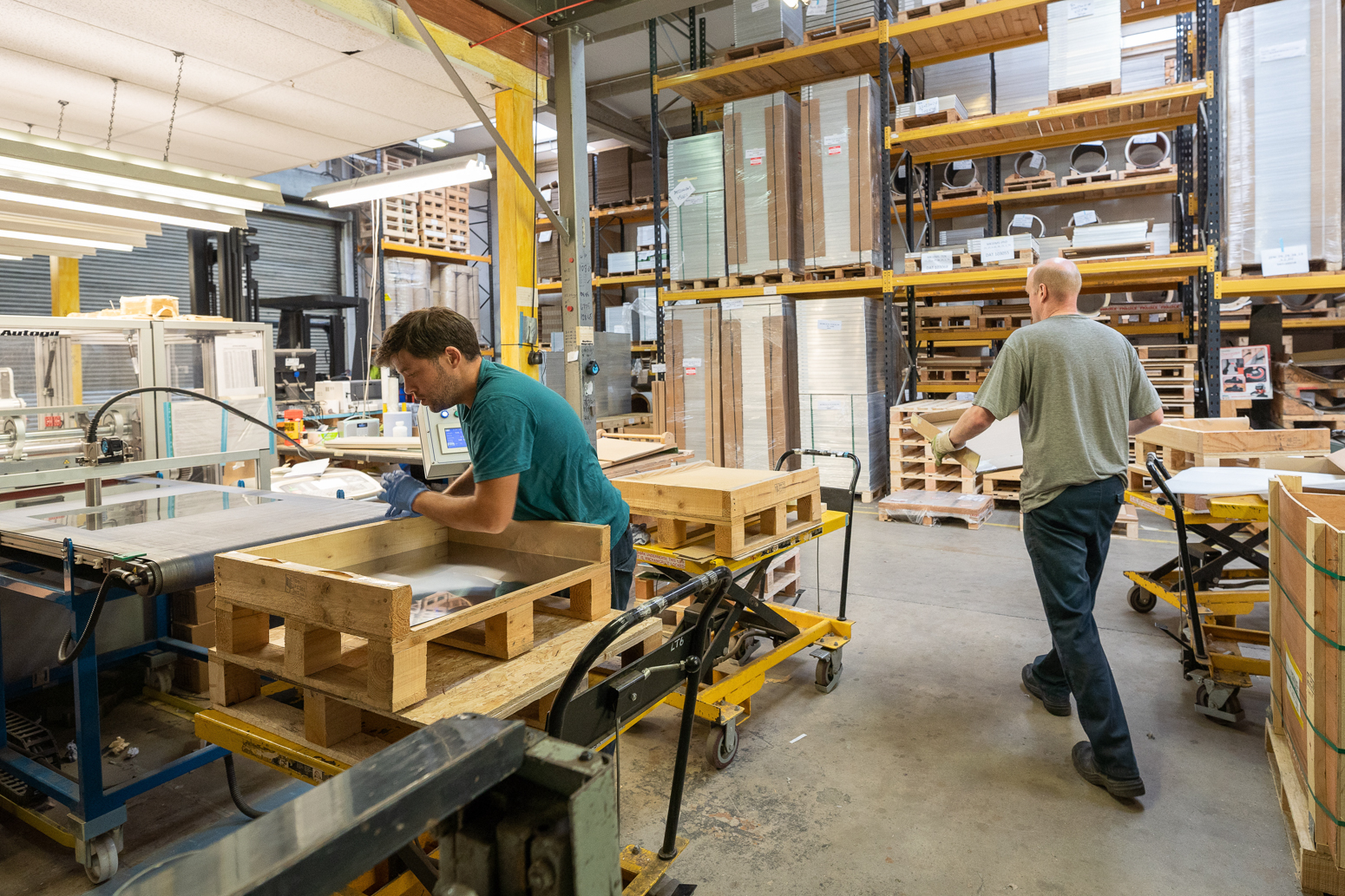But it also brings new opportunities.
I used to work for a publishing company in the UK who had started life as a toy company, they still owned the Sindy Doll brand. It was the biggest selling toy in the UK but this position had gradually been eroded by competitors such as Barbie, they needed to find a new income stream. They looked at publishing.
The publishing world was very static, but following the end of the Net Book Agreement they recognized that it would be a good opportunity to for anyone to enter with new ideas. But were they the best ones to do it? A toy company becoming a publishing company?
After a lot of research, they realized that in publishing you didn’t have to sell content you could sell the brand, the name.
So, they took what they knew about selling toys (pricing, marketing, branding) and applied it into publishing. They found a new niche in Christmas Annuals, at that time a sleepy backwater. Their large front covers sold the brand and by price promoting they could sell large volumes. They were very successful.
All it took was a new company, industry rookies, to shake it up.
As I think about Datum, about our moving away from being a service and general parts-only business, to a more value-driven business model. I think about what value we can bring to new industries based on what we do now. What we’re good at now is supply, quick turn around, accuracy, and understanding the customers’ requirements. In those areas we are the champions in the manufacturing world. People want their stuff quick and correct, we do that on an unmatched scale. Can we bring those skills into a new world?
We have a lot of skills and knowledge that we use on a daily basis, skills that a more traditional manufacturer or engineer wouldn’t have. So moving to a new industry is taking those skills and that knowledge, and the way we think about things, and marketing it together to attract the existing customers away from the “old guard” in a way that other, smaller companies just can’t do, or won’t do.
The question remains, however: why is this something that appeals to Datum? Why is this our mission?
Being in a niche market is great, but at the end of the day everybody moves on and markets change. Taking your skills and knowledge with you to a new market is a form of insurance policy. Nothing lasts forever. Eventually everyone gets to the point where you can’t expand, but you want to keep growing, so how do you do that? You migrate to a new area.
So the next stage is to find out what space that is–what market or industry is ready for you to enter? And if the space doesn’t exist, then we can create it.
That’s what we’re doing at Datum.
In the end, you know what you know, and can be an expert only in so many markets. And as a management team you have to be open-minded and accept that there are marketable skills you have and you’re going into a world where you don’t know a lot. Part of being successful is accepting that, and taking risks.
Ben Scott talks about this a lot. He talks about being comfortable with the unknown, always being prepared to learn, and always listening to others.
It’s certainly a big challenge for us, but also a big opportunity. And what we’re doing is adopting this mindset not only as a company, but also as individuals across the business.
Because of the kind of business we are–a large company in a rapidly shrinking pond–there will be lots of others (if they’re smart) who are having this same conversation about this topic. Everybody knows that being in a niche market is good but has inherent risks, and very few are very successful at getting out of them. The race is always on to see who is first, to identify the successful idea. It comes back to accepting you’re going into a world you do not know.
That’s the reality of it. We don’t really know everything about the new markets we’re going into, but we’re confident in our abilities to figure it out and have a lot to offer in those industries. That’s besides the fact there there are things unknown even to the veterans in those industries themselves.
You have to keep moving things forward.
That is our opportunity: to utilize what we do in a world that doesn’t have it.

